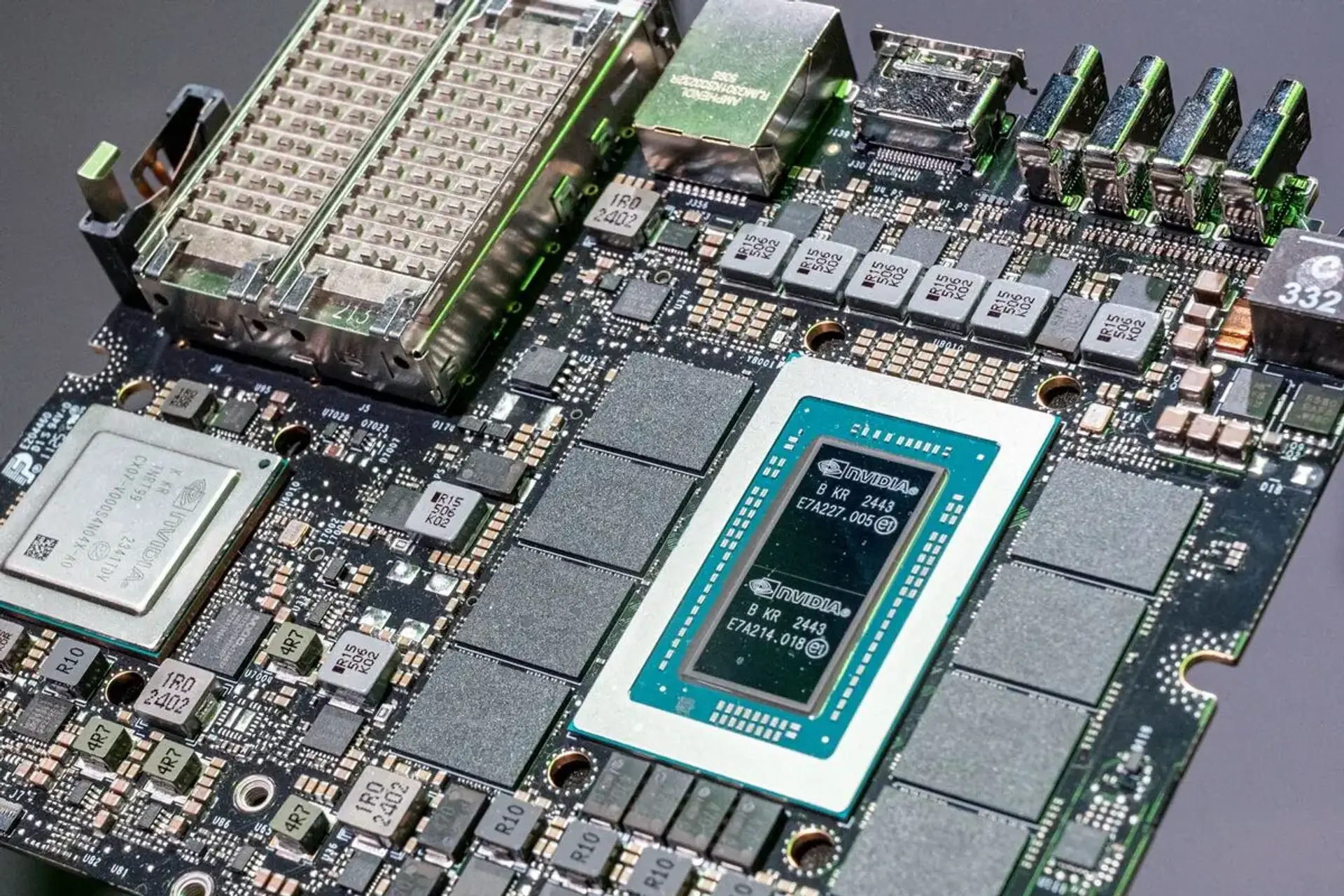The United States is considering easing restrictions on Nvidia chip sales to the United Arab Emirates. Sources familiar with the matter suggest that President Trump may announce the commencement of a bilateral agreement concerning chip technology during his forthcoming visit to the Gulf. This potential relaxation of export controls indicates a strategic recalibration, balancing national security concerns with economic opportunities in the region. The decision could significantly impact the UAE's access to advanced AI and computing technologies, potentially fostering growth in its tech sector while also raising questions about technology transfer and security protocols.
The move comes amid ongoing tensions and negotiations surrounding the global semiconductor supply chain. Easing restrictions could provide Nvidia with increased market access, boosting its revenue streams and solidifying its position in the AI chip market. However, it also necessitates careful consideration of the broader geopolitical implications, ensuring that advanced technologies are not diverted for unintended or malicious purposes. The details of the potential bilateral agreement remain unclear, but it is expected to include provisions for monitoring and verification to safeguard against misuse.
Ultimately, the decision reflects a complex interplay of economic and strategic interests. By potentially easing restrictions, the US aims to strengthen its relationship with the UAE while also supporting its domestic chip industry. The success of this approach will depend on the ability to establish robust safeguards and maintain transparency in the transfer and use of advanced chip technologies.
Related Articles
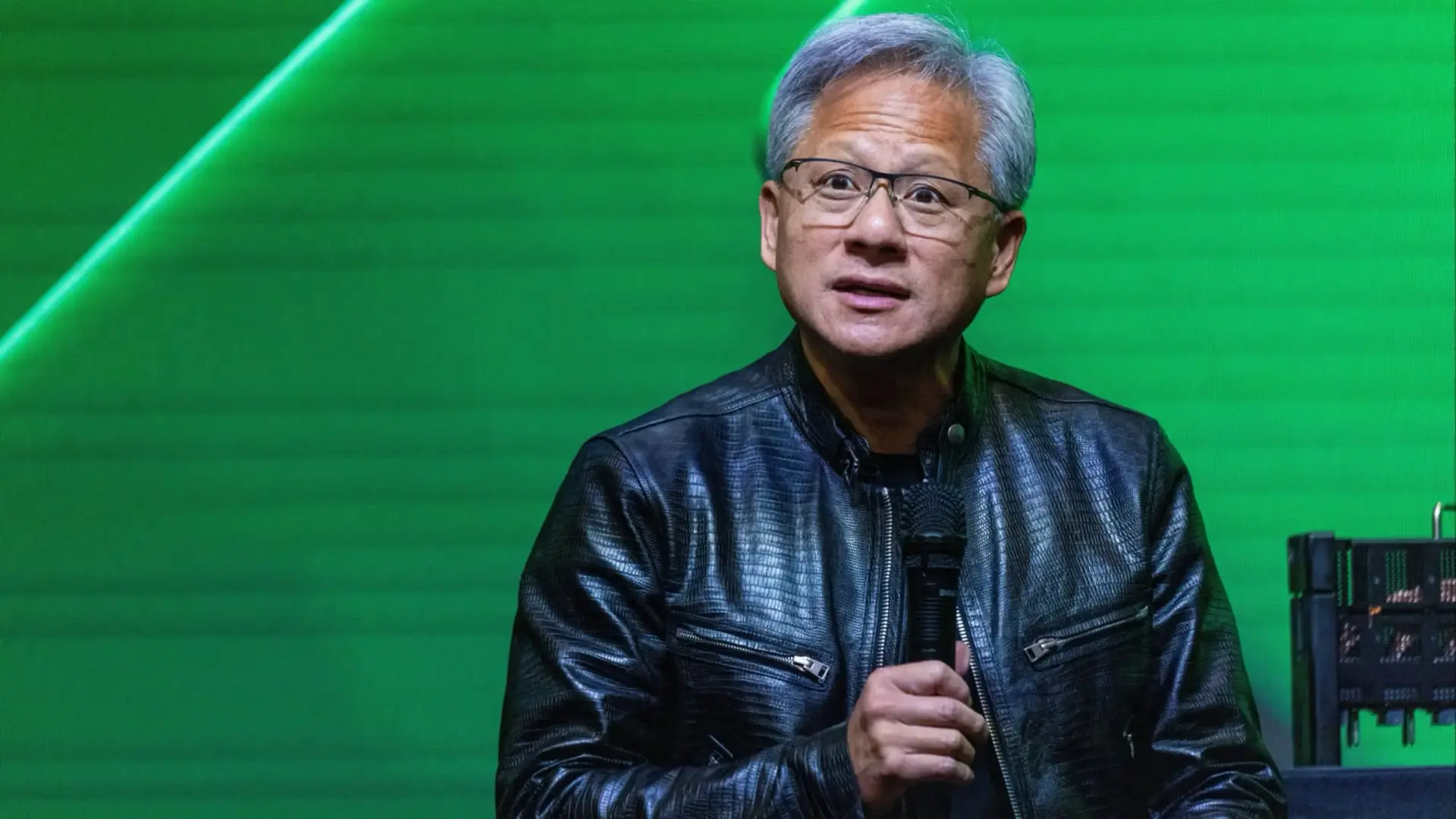
Huang Visits Beijing Amidst Restrictions
Read more about Huang Visits Beijing Amidst Restrictions →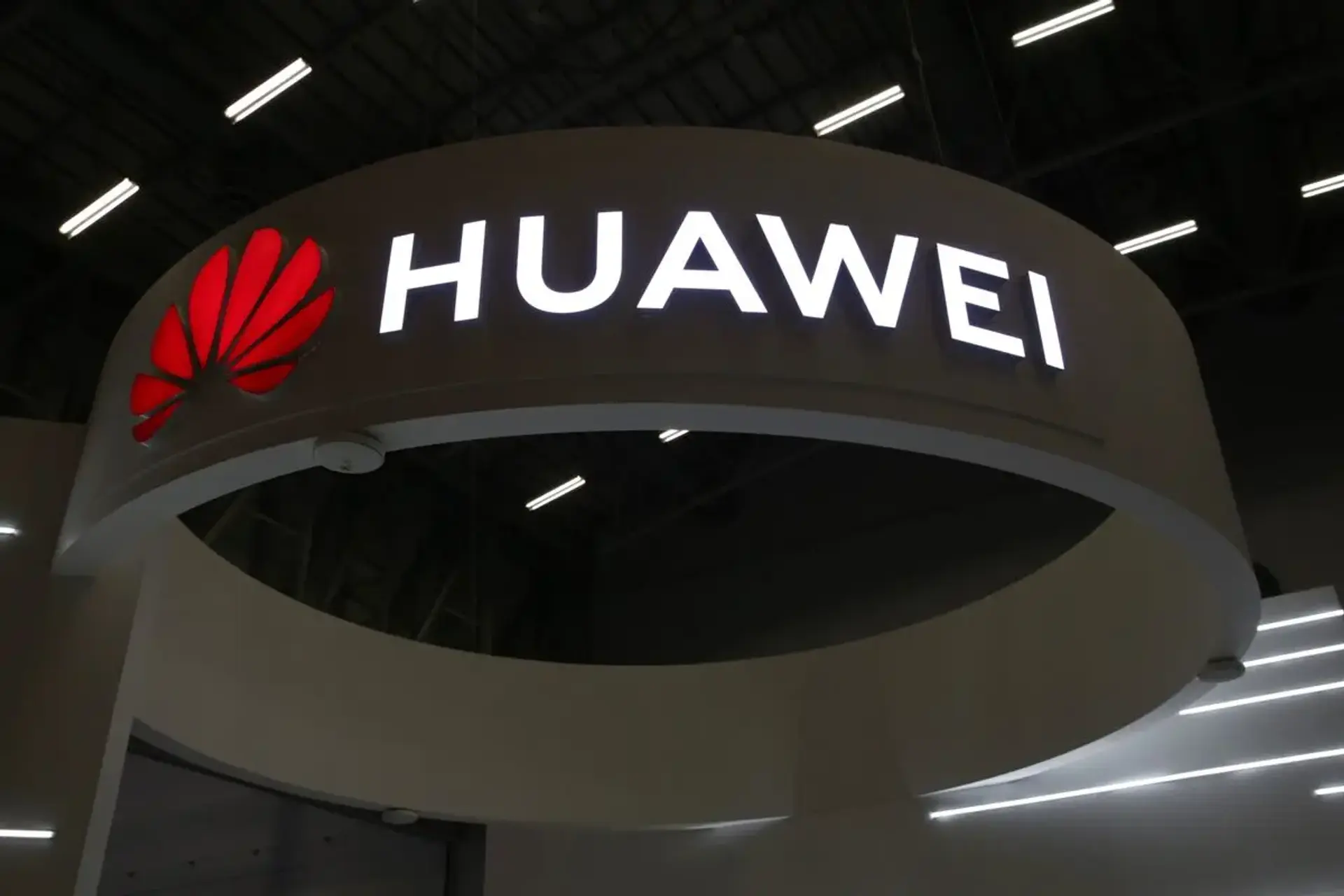
Huawei's AI Chip Challenges Nvidia
Read more about Huawei's AI Chip Challenges Nvidia →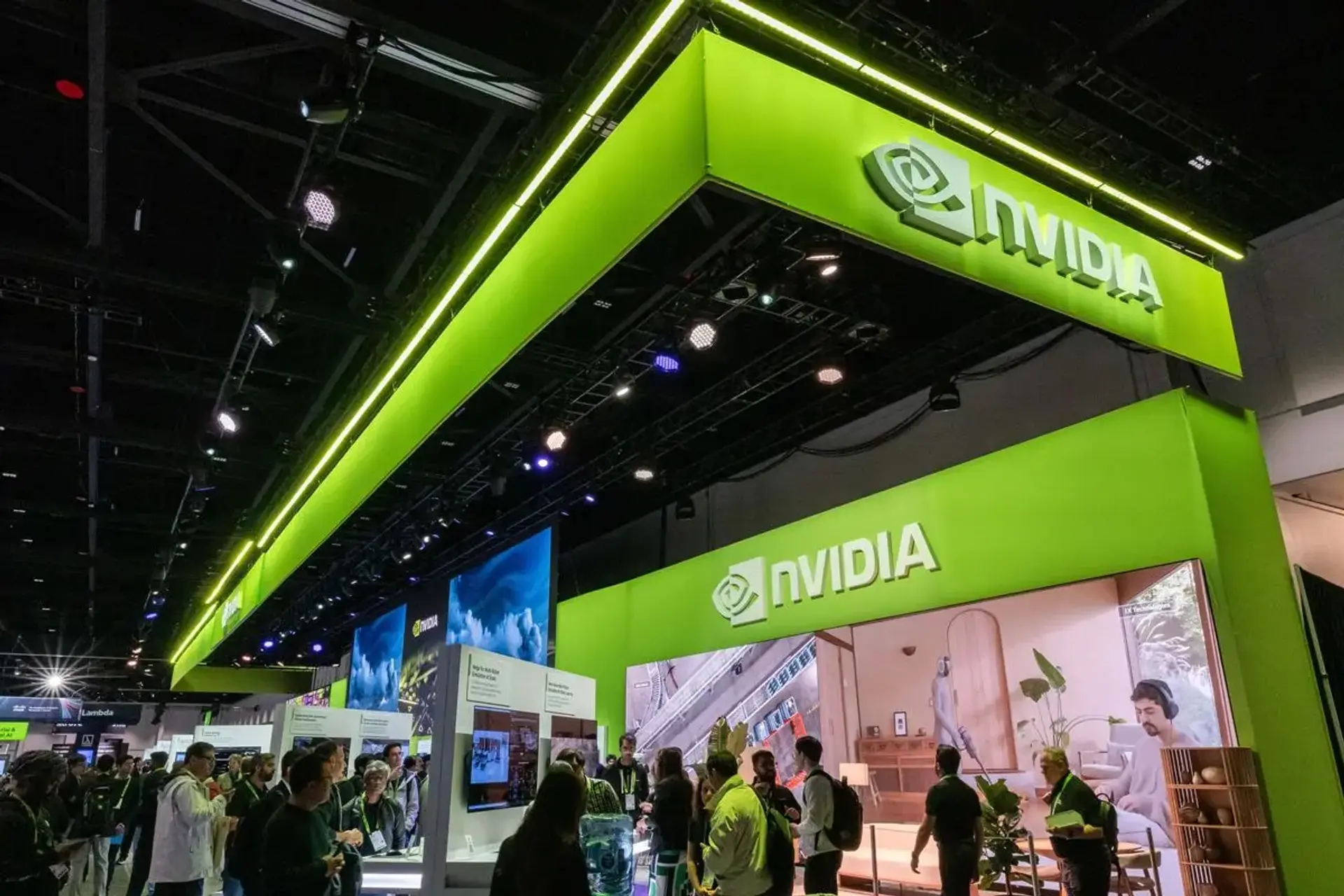
Nvidia's AI surge questioned
Read more about Nvidia's AI surge questioned →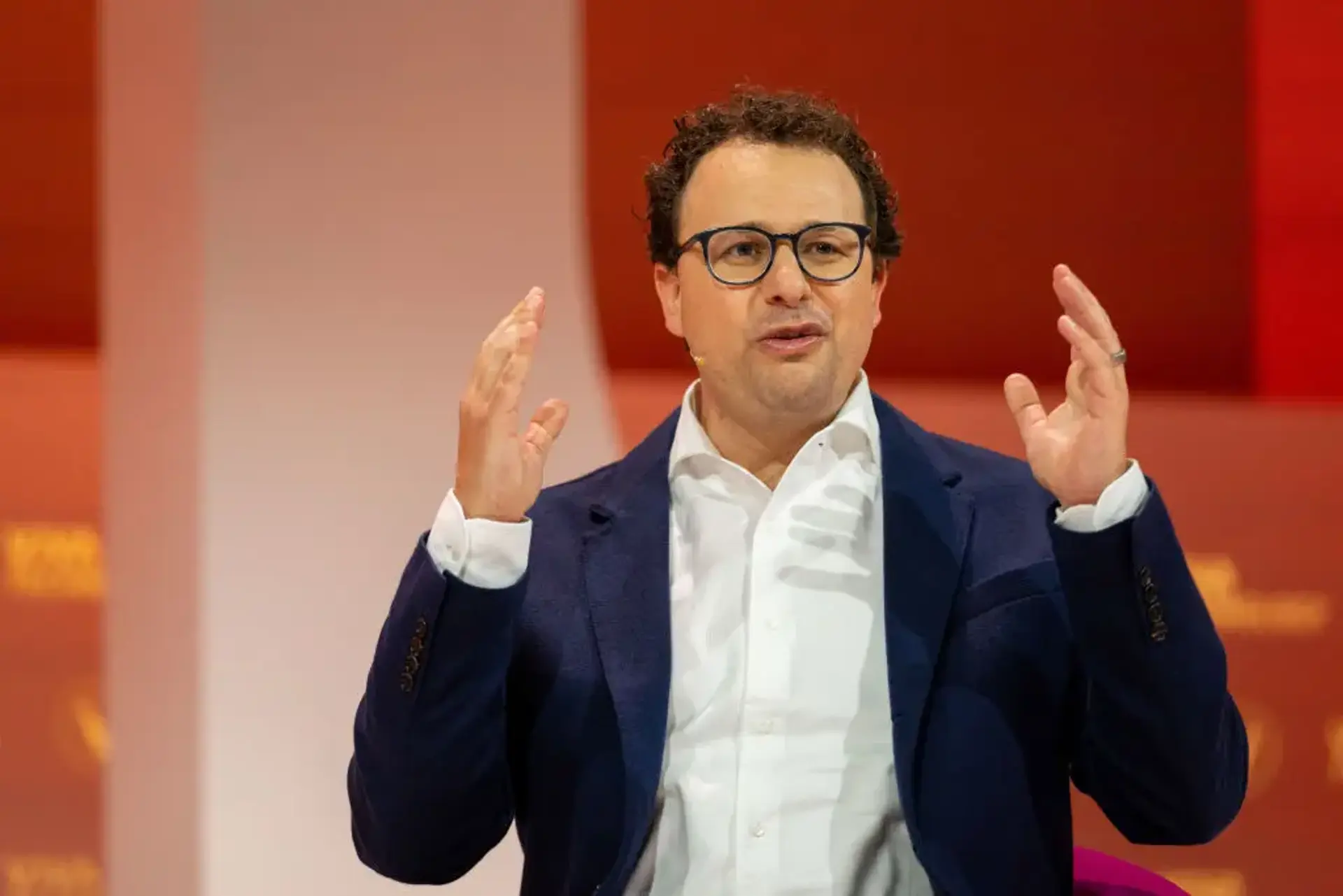
Anthropic Refines AI Chip Exports
Read more about Anthropic Refines AI Chip Exports →
